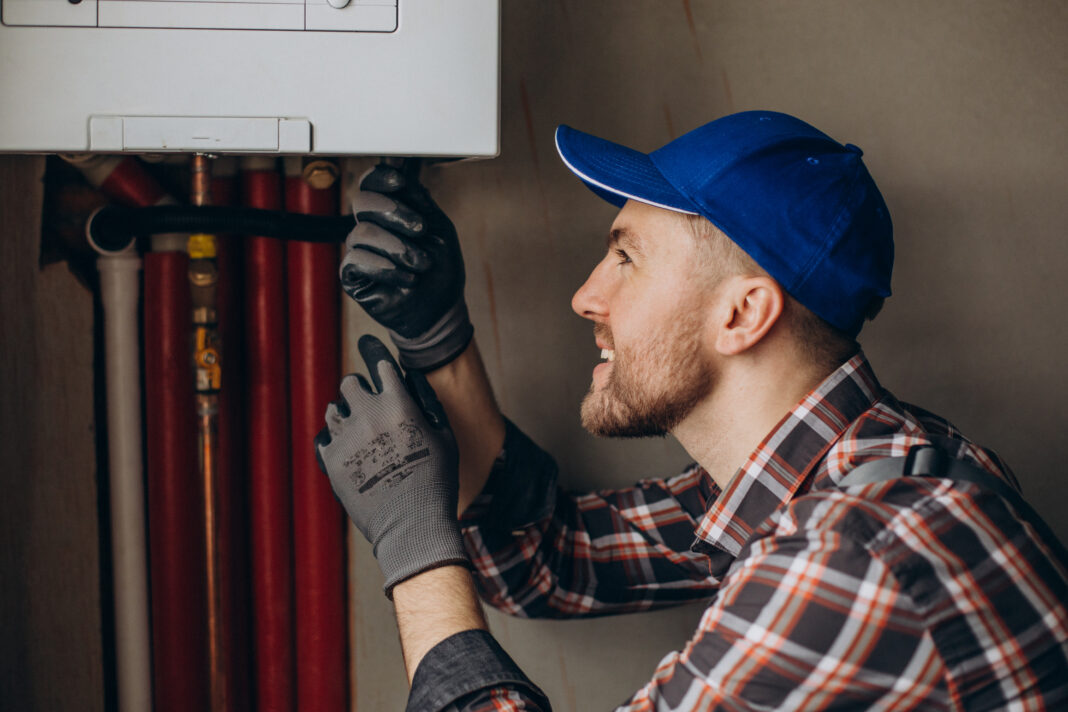Caring for your boiler makes for a happier, more efficient and better running boiler that’s cheaper to use and greener. Here are some great tips from Corgi HomePlan on better home care for boilers.
Boiler care keeps your boiler running smoothly and efficiently
Do not neglect your boiler!
There is nothing as stressful and discomforting as your boiler unexpectedly breaking down right in the middle of winter. This is one of the key reasons why taking care of your boiler is so important. The other key reason is to avoid having to make expensive and lengthy repairs down the road. Keep in mind that if the issue is serious enough, you might need a replacement, which will be even more of a headache.
Don’t wait around and take action when it is already too late. When it comes to boiler care, you need to be proactive in preventing your boiler from deteriorating to this state. And the best way to do this is through proper boiler care. This means checking your boiler regularly and taking steps to keep it in the best shape possible.
Annual boiler service
When it comes to boiler care, the most important and impactful step you can take is to schedule an annual boiler service. Most homeowners don’t realize this but just like cars, boilers require regular servicing. This is the best way of avoiding situations where you are left chilly and desperate in the dead of winter.
When conducting the boiler service, the heating engineer will inspect, clean, and replace any and all components of your central heating system. They will ensure that everything is working correctly and that there aren’t any issues affecting the efficiency of your heating. This is the best form of long-term boiler care.
Regular cleaning
A key part of the boiler service is thoroughly cleaning the inside. However, you can help by regularly cleaning the outside. Consider using a soft cloth to wipe off any dirt or dust that has collected. When cleaning the external surface, avoid using any abrasive chemicals. Cleaning the taps helps to prevent lime-scale build ups.
Check the pressure
Over time, your boiler can start naturally losing pressure, diminishing its effectiveness. For it to run efficiently, your boiler should be at the proper pressure range – between 1 and 1.5 bar.
Check your system’s pressure regularly by inspecting the gauge. If you notice that your pressure is significantly low, it will need to be topped up. You’ll need to check the instruction manual for your boiler make and model to find out how to do this on your own. If you can’t, ask your plumber or heating engineer to help.
Power flush
Sometimes, a full power flush might be needed. This is a deep and thorough cleaning of your boiler, pipes, and radiators, and clearing out any rust, sludge, or debris that may have built up. Any materials clodding up your pipes will reduce the amount of hot water flowing through your home, thus lowering the amount of heating you get.
A good sign of this is your boiler being too noisy or your heated water not being warm enough. The cost of a central heating power flush ranges between £200 and £400.
Act fast
When it comes to boiler care, you need to ensure that any issues are addressed as quickly as possible. Keep in mind that issues with the boiler tend to only get worse if not fixed early enough, leading to malfunctions.
Arranging for small and cheap fixes early on will help you avoid having to deal with extensive and expensive repairs or even replacements down the road. Make sure to get in touch with a heating engineer as soon as possible if you notice an issue with your boiler.
Quickly and easily get answers about your boiler!
Having a good working boiler is crucial for a warm, comfortable home. This is why taking proper care of your boiler is crucial. However, as an average homeowner, you may not have the knowledge or information to do this properly. If so, make sure to talk to a heating professional about boiler care. With our online form, you can reach out to 5 companies and receive emails from each of them giving your expert boiler care advice. Getting as much information as possible from multiple reliable sources will help to keep you better informed about taking care of your boiler.

















